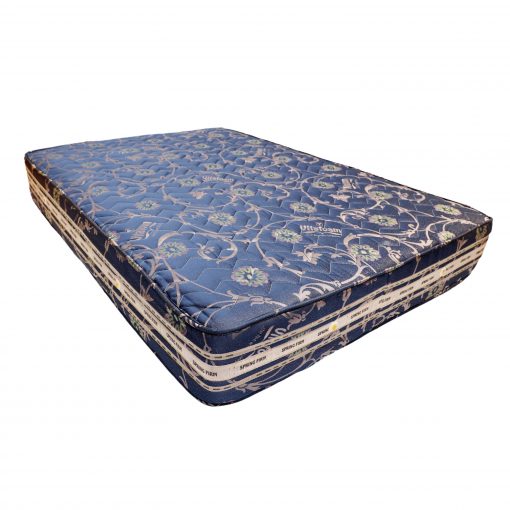
Things to Consider when Buying a Mattress
Facts about Good Mattress
When buying a mattress, there are several important factors to consider to ensure that you choose the right one for your needs and preferences. Here are the key factors to take into account:
-
Comfort: Comfort is subjective, so it's essential to test the mattress in person whenever possible. Lie down on it in your preferred sleeping position to see if it feels comfortable. Keep in mind that what's comfortable for one person may not be comfortable for another.
-
Support: Proper support is crucial for spinal alignment and preventing discomfort or pain. Look for a mattress that supports your body's natural curves and maintains a neutral spine position. It should distribute your body weight evenly.
-
Firmness: Mattresses come in various levels of firmness, ranging from soft to firm. The right firmness for you depends on your sleeping position and personal preferences. Side sleepers often prefer a softer mattress, while back or stomach sleepers may prefer a firmer one.
-
Material Type: There are different types of mattresses, including innerspring, memory foam, latex, hybrid, and more. Each type has its unique characteristics. Consider the pros and cons of each material and choose one that suits your comfort and support needs.
-
Durability: A good mattress is an investment, so consider its durability. Look for quality materials and construction that can withstand years of use without sagging or losing support. Read reviews and check the mattress's warranty for an idea of its expected lifespan.
-
Size: Choose a mattress size that suits your sleeping space and accommodates your needs. Common sizes include twin, full (double), queen, king, and California king. Consider your bedroom size and whether you share the bed with a partner, children, or pets.
-
Motion Isolation: If you share your bed with a partner and one of you tends to move during sleep, consider a mattress with good motion isolation. This feature minimizes the transfer of motion, so one person's movements won't disturb the other.
-
Temperature Regulation: Some mattresses are designed with cooling technologies to help regulate temperature and prevent overheating during sleep. If you tend to sleep hot, look for a mattress that offers better temperature control.
-
Allergies: If you have allergies or asthma, consider a hypoallergenic mattress that's resistant to dust mites, mold, and other allergens. Such mattresses can help improve your sleep quality.
-
Price: Mattresses come in a wide price range. Set a budget that aligns with your needs and preferences. Keep in mind that a good mattress is an investment in your health and well-being, so prioritize quality and comfort over the lowest price.
-
Trial Period and Return Policy: Check if the mattress comes with a trial period that allows you to test it at home. Many reputable brands offer a trial period during which you can return the mattress if you're not satisfied. Understand the return policy and any associated costs.
-
Reviews and Recommendations: Research and read reviews from other customers to get insights into the mattress's performance, comfort, and durability. Recommendations from friends or family who have had a positive experience with a particular mattress can also be valuable.
By considering these factors, you can make an informed decision when purchasing a mattress that suits your specific needs and preferences, ultimately leading to better sleep and overall well-being.

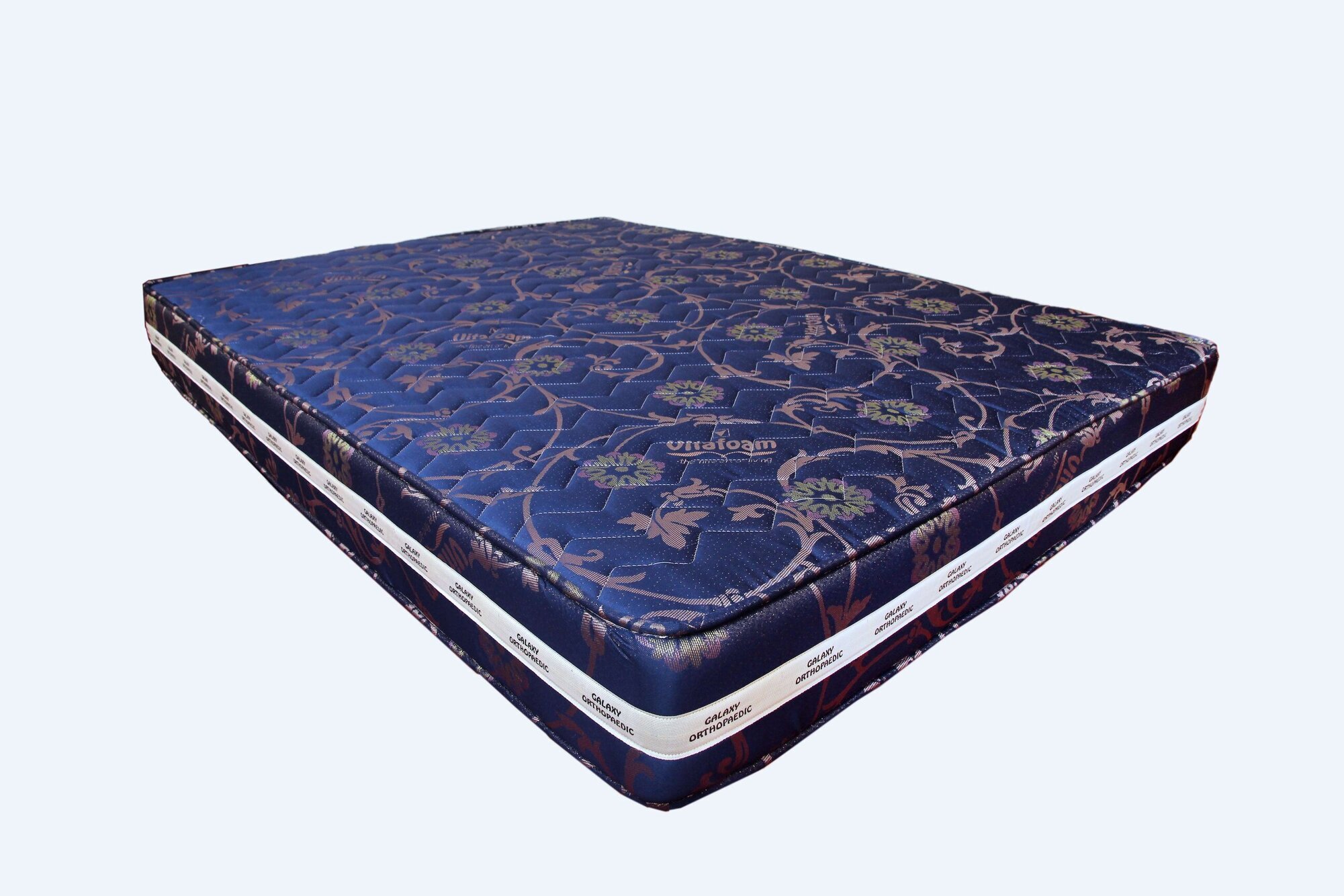

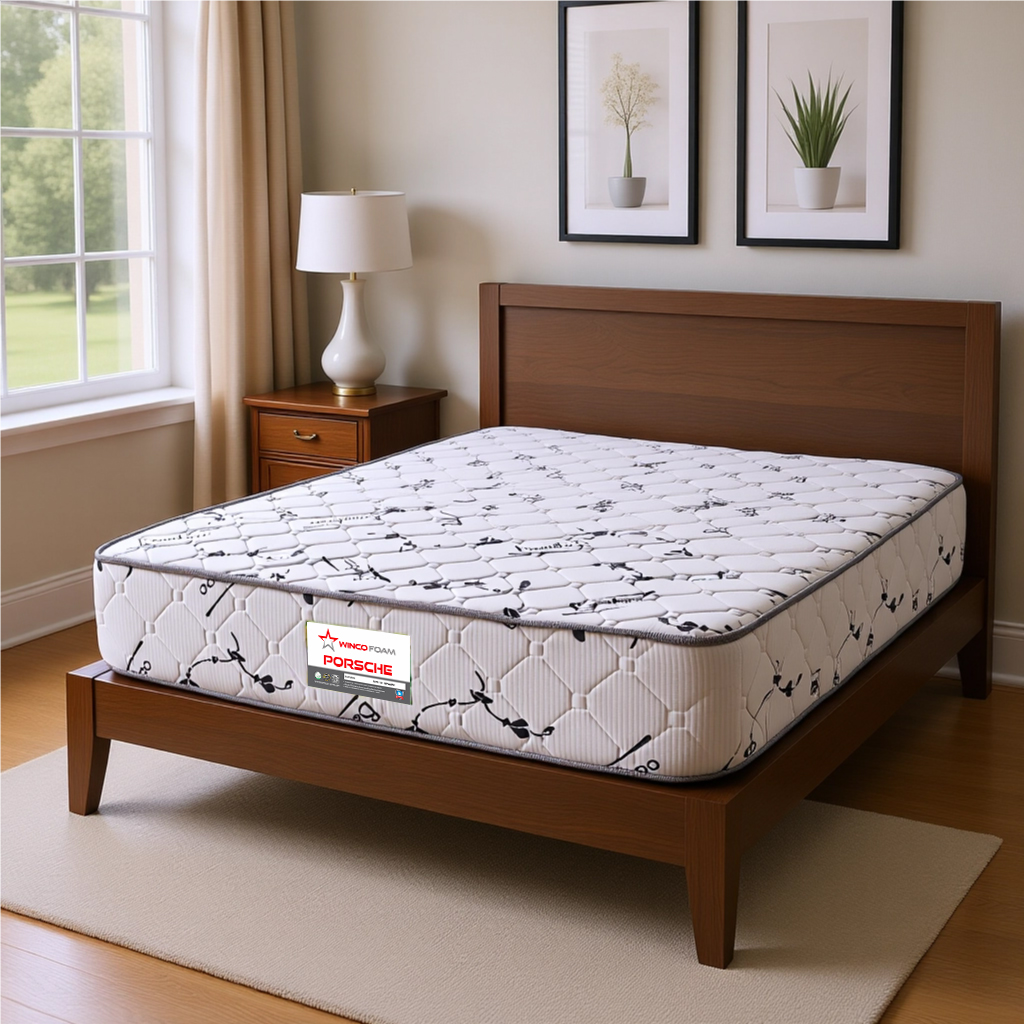
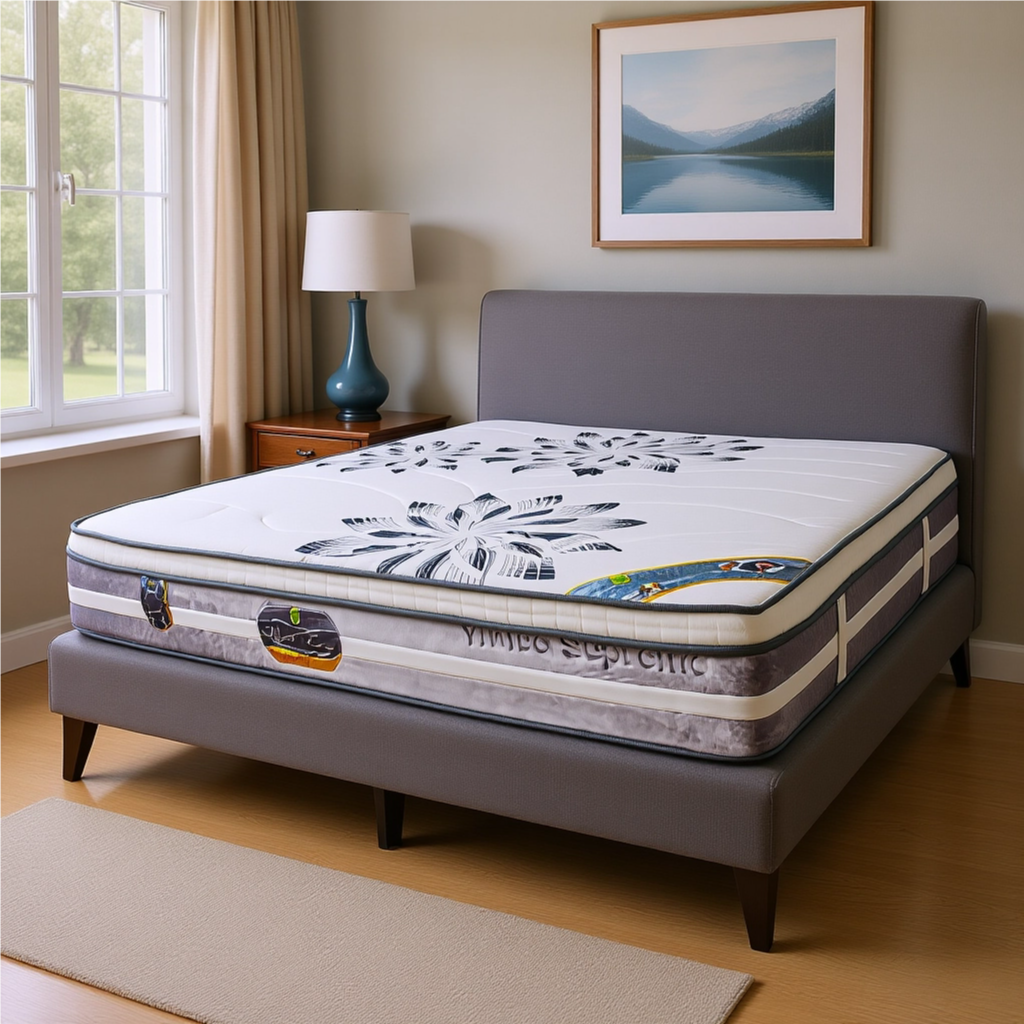
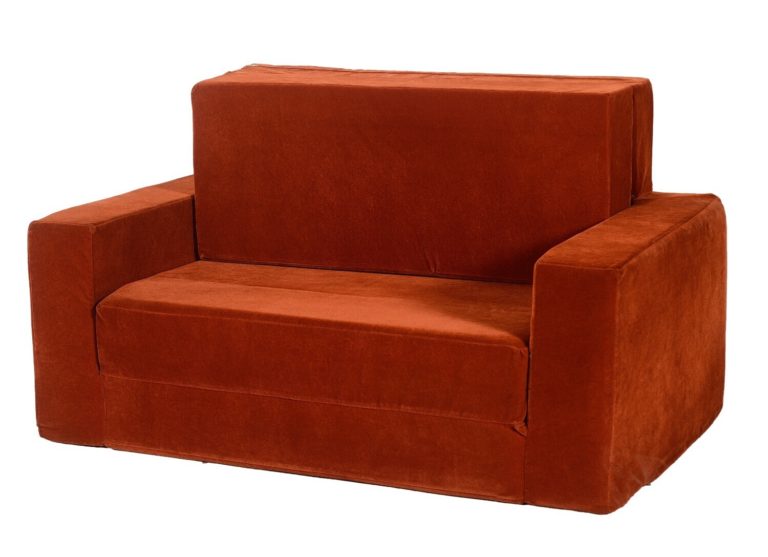
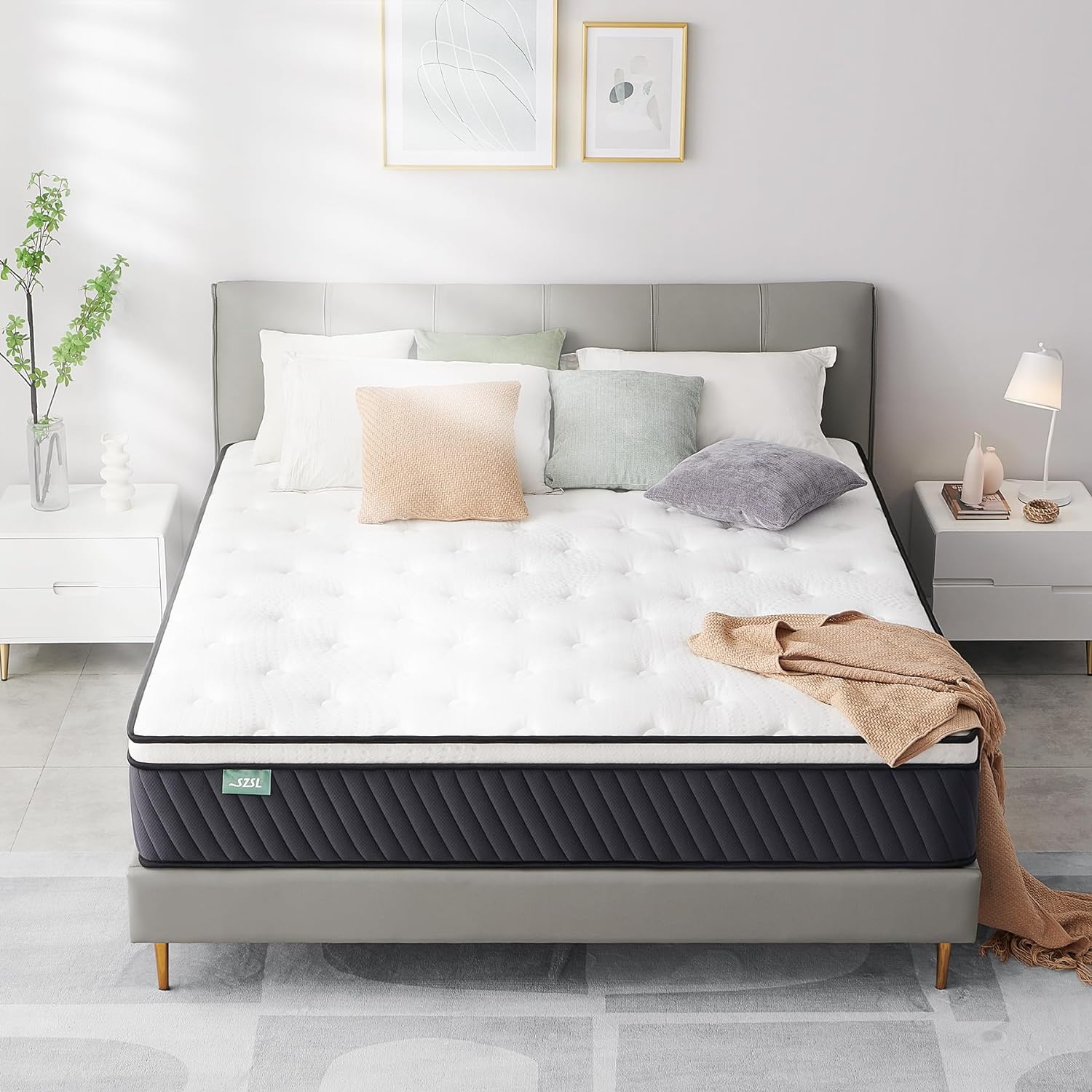
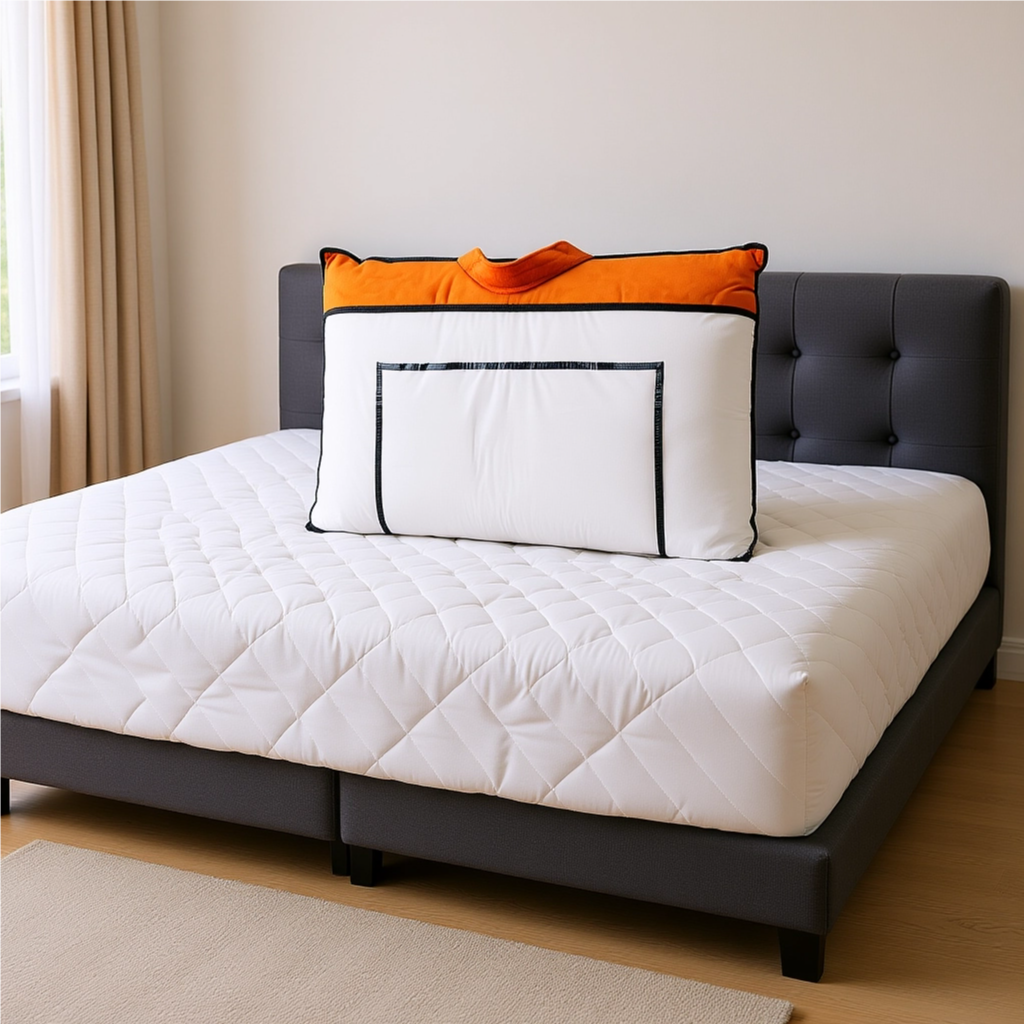


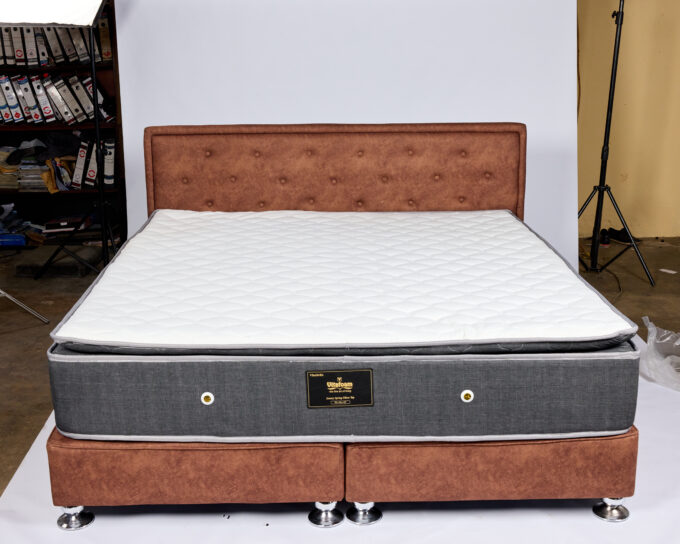
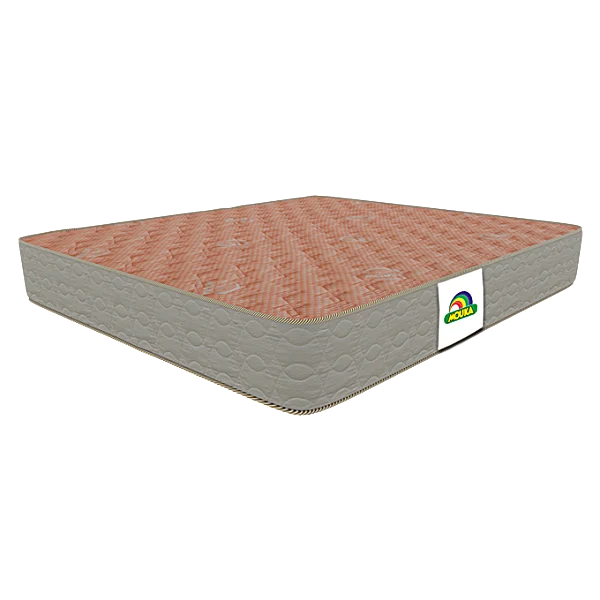
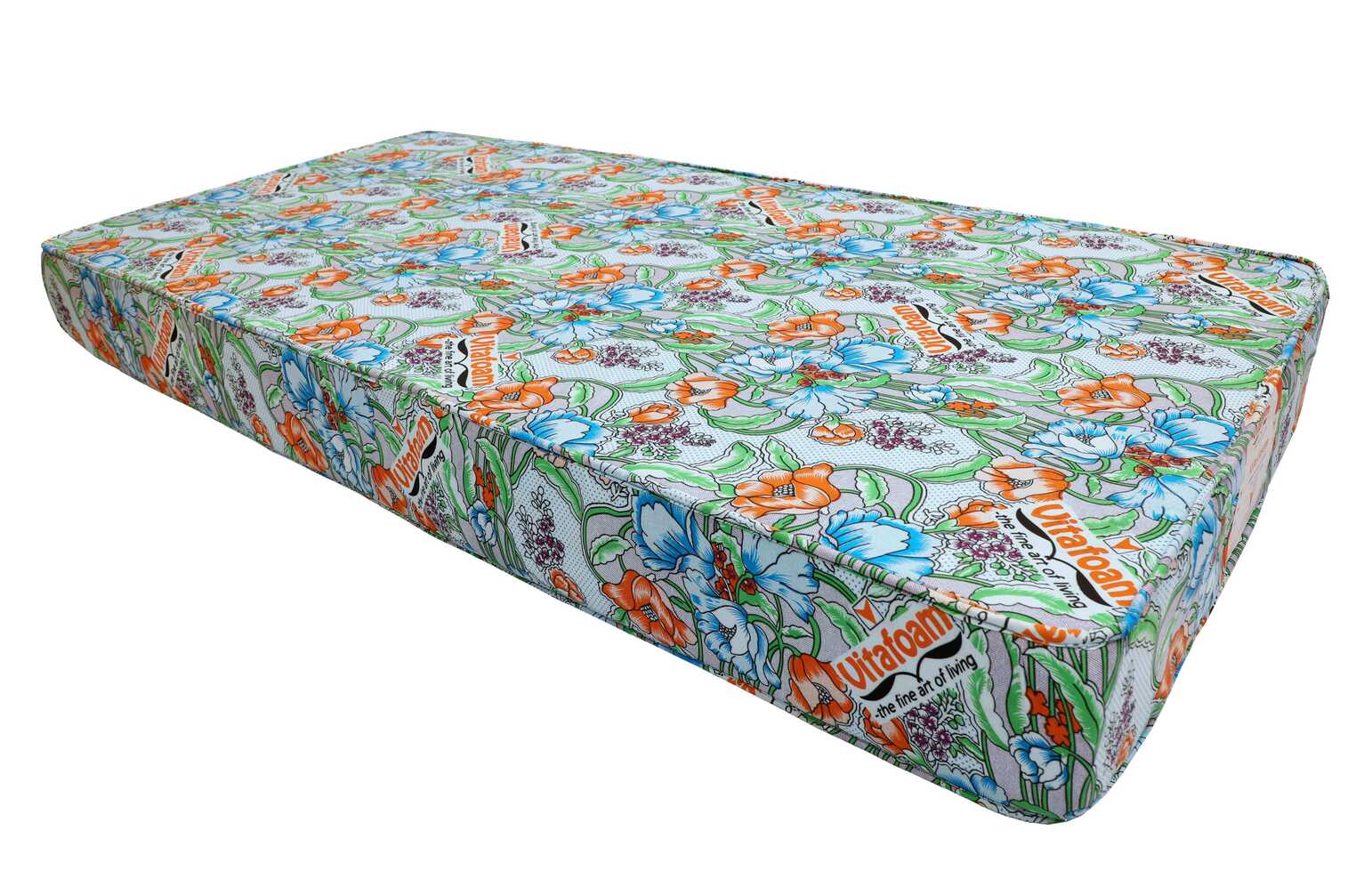
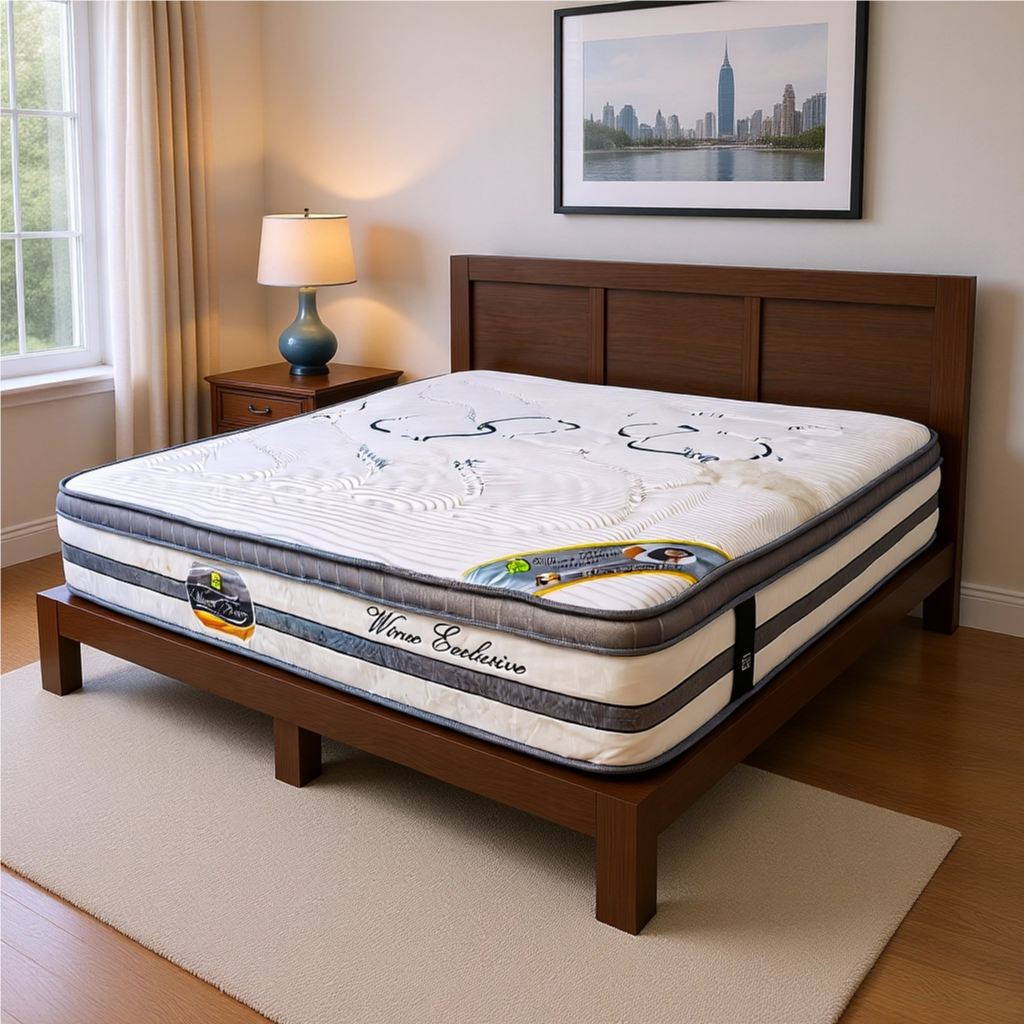
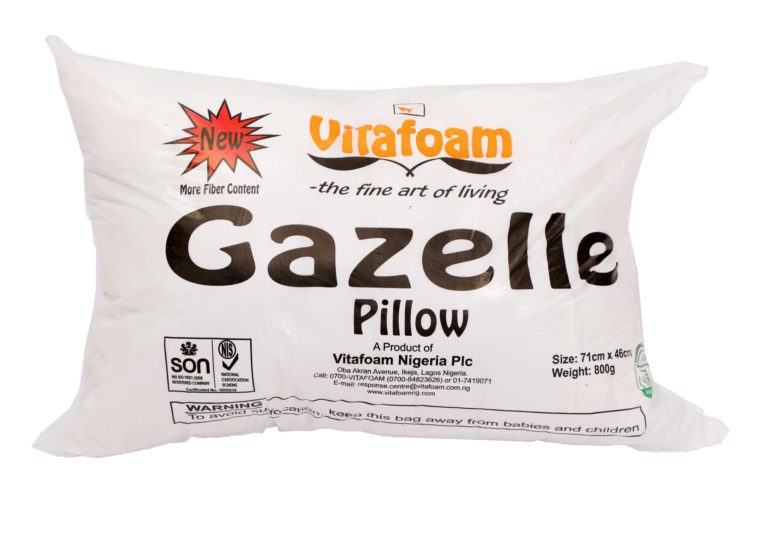

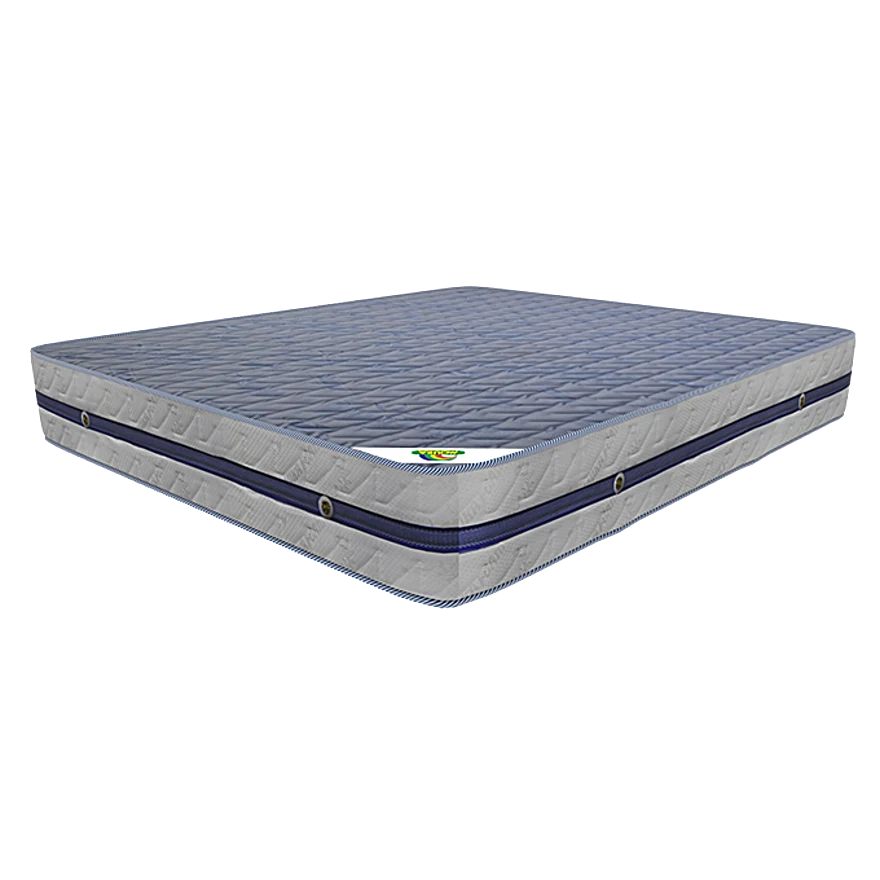
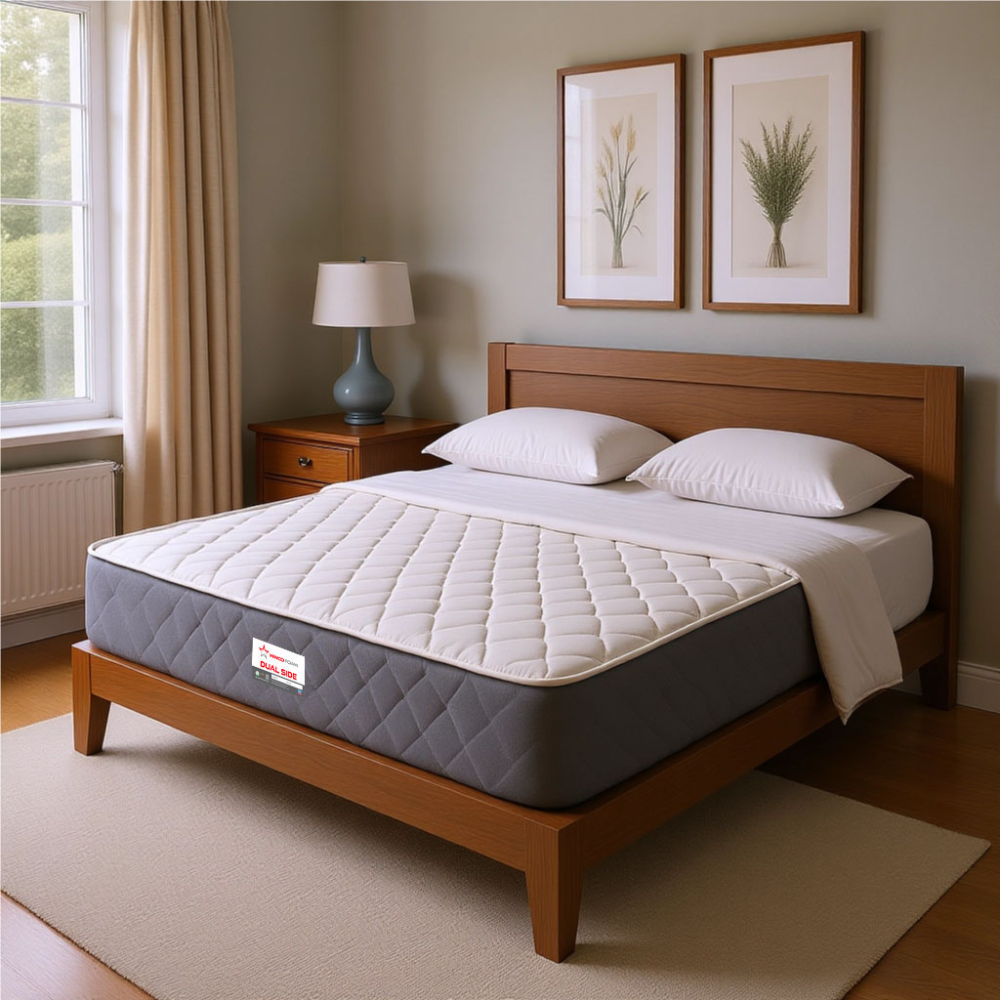
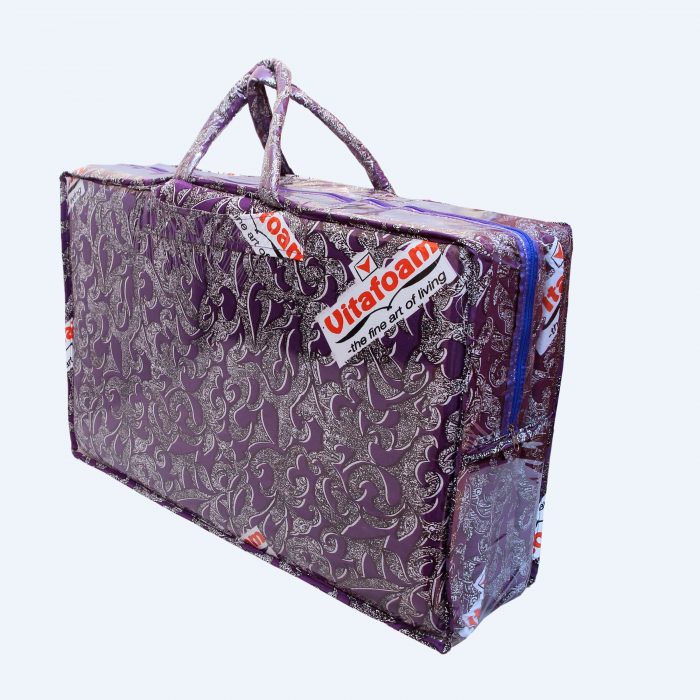
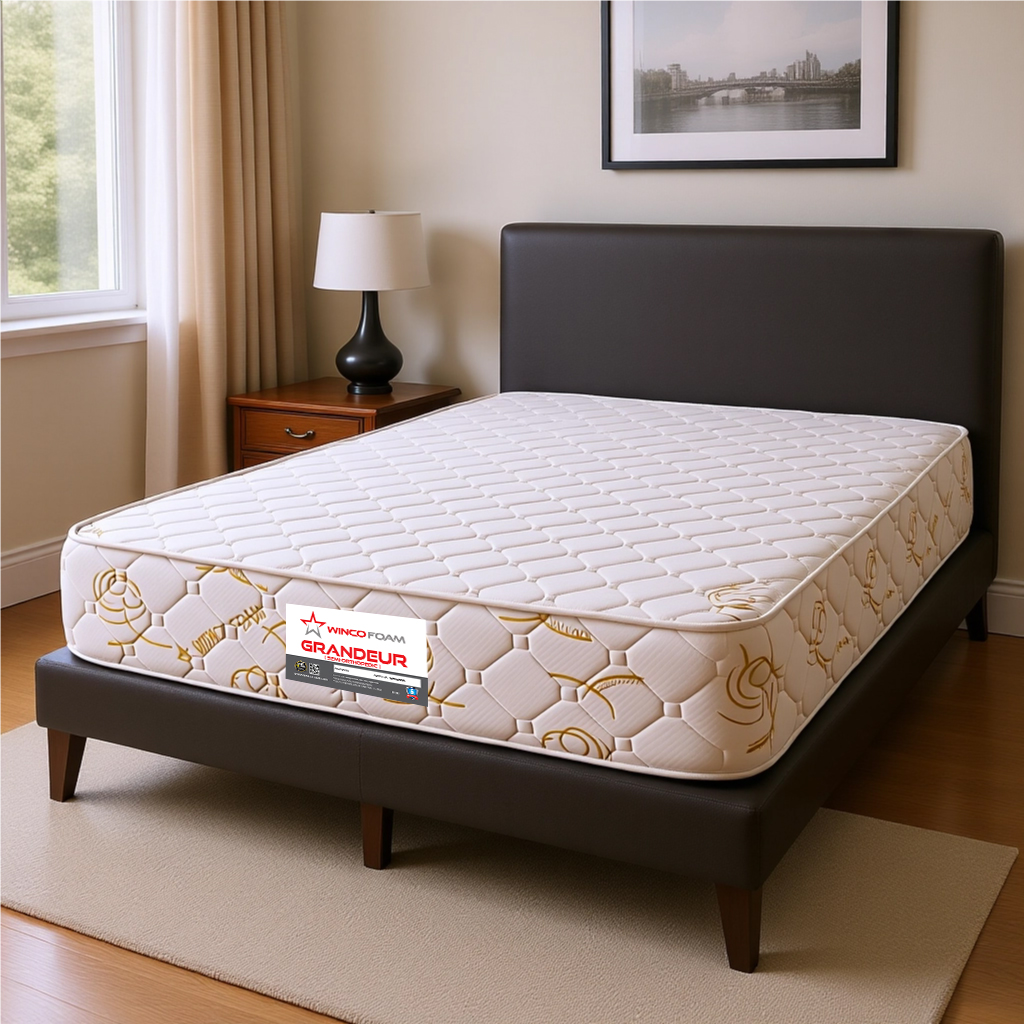


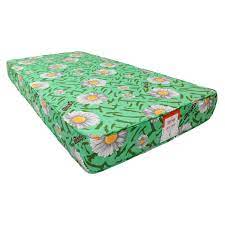
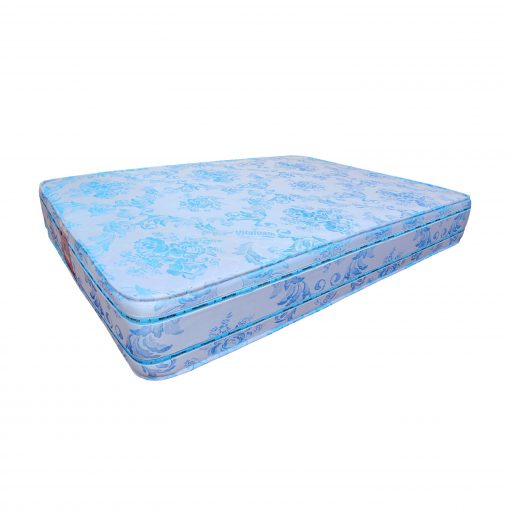
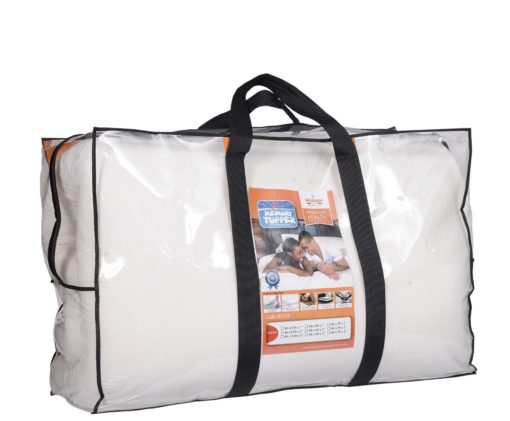

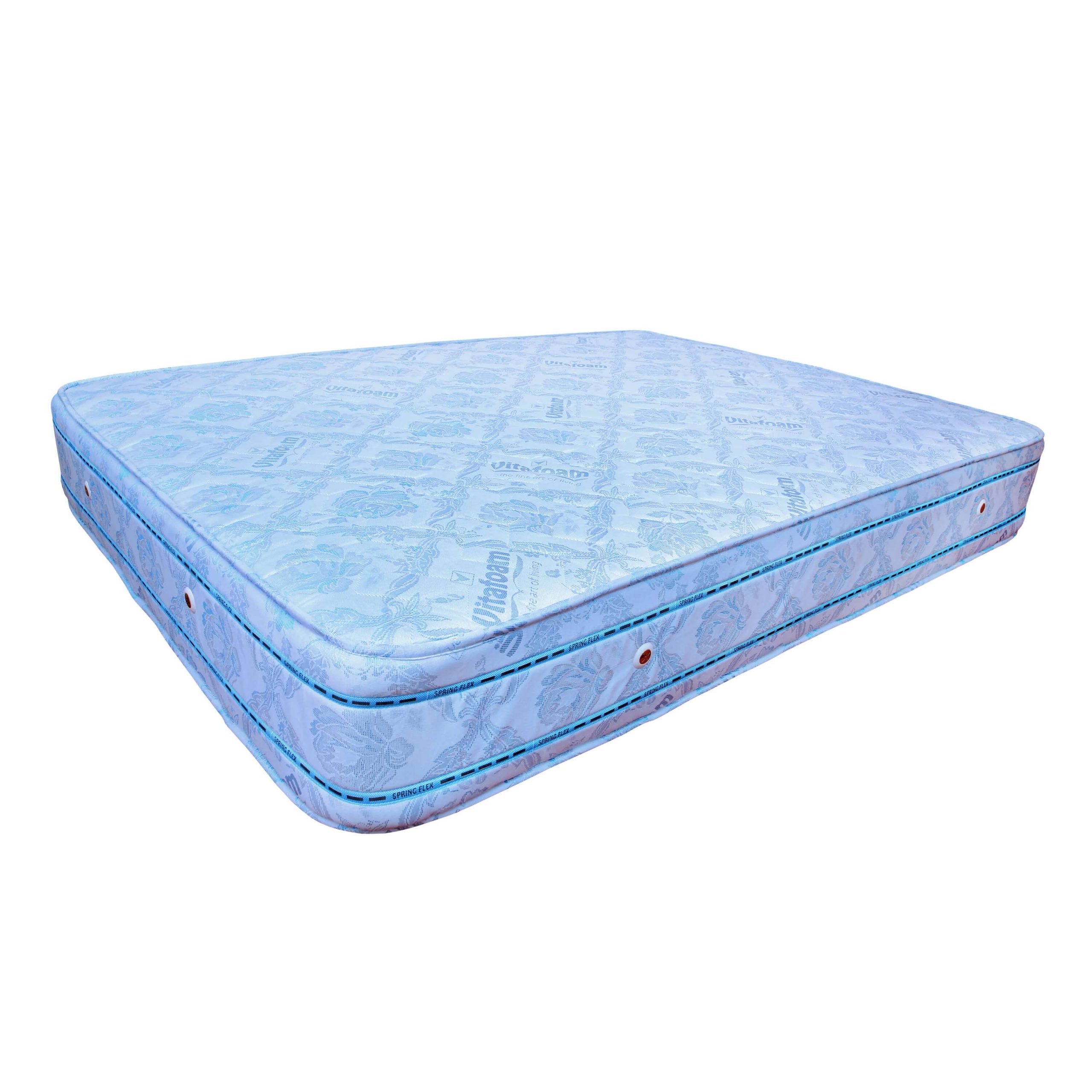
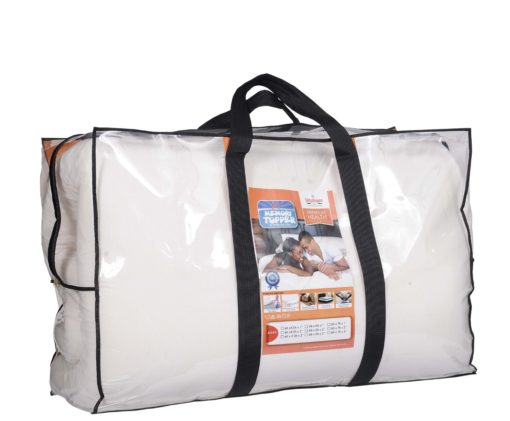

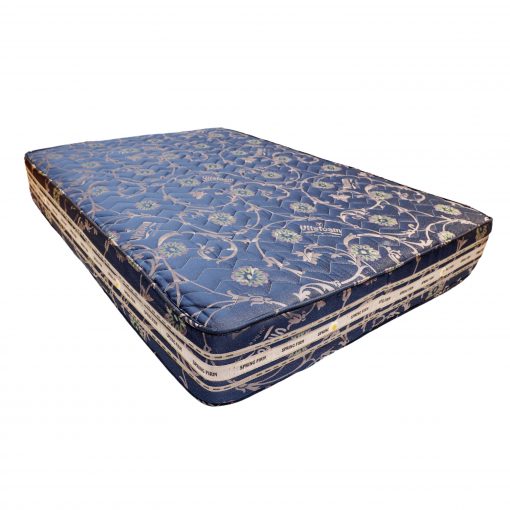
3 Comments
Odeke Isaac
Nice Post. Is body weight also an important factor?
Vitafoam Abuja
Ahmad Mustapha
Great Post. More of this please
Vitafoam Abuja
Ahmad Mustapha
goood
Vitafoam Abuja